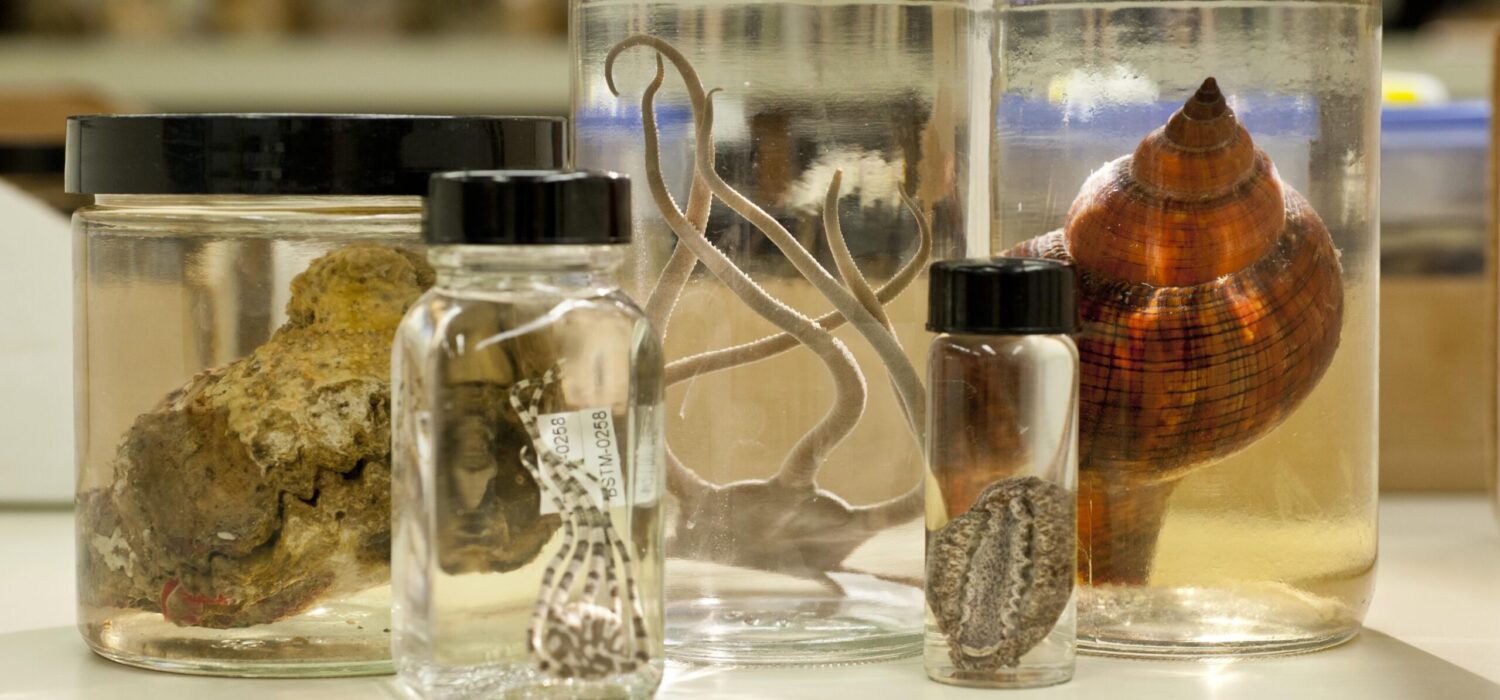The Joint Subcommittee on Ocean Science and Technology (JSOST) of the National Science and Technology Council (NSTC) is preparing a final report that will establish a ten-year framework for U.S. ocean research. In response to a JSOST request for comments, on 20 October 2006 NSC Alliance president Terry Yates submitted comments to the JSOST. In short, the comments reminded the subcommittee of the important role that natural science collection facilities, including those affiliated with marine laboratories and field stations, will play in advancing ocean research. Further, the comments highlighted the important role that natural science collections, museums, and other science centers can play in translating and communicating the findings of ocean research to the public.The full text of NSC Alliance comments follows:
Thank you for the opportunity to comment on the August 2006 draft report, “Charting the Course for Ocean Science in the United States: Research Priorities for the Next Decade.” The Natural Science Collections Alliance (NSC Alliance) is a nonprofit association that supports natural science collections, their human resources, the institutions that house them, and their research activities for the benefit of science and society.
Developing a comprehensive, long-range ocean science research plan certainly presents a challenge. Although the draft report includes a number of positive recommendations for the future, it is equally important that the research plan reflect the importance of a sustained investment in our established research infrastructure. As you know, the 2005 and 2006 joint Office of Management and Budget (OMB) and Office of Science and Technology Policy (OSTP) annual memoranda on federal research and development priorities identified our nation’s natural science collections infrastructure as a priority.
Natural science collections, whether housed at a university, museum, or marine laboratory, are essential to any research effort that seeks to understand ocean processes. These scientific collections hold important genetic, tissue, organism and environmental samples. With these specimens, researchers are able to answer questions about the current and historic relationships among organisms and between organisms and their environment. Understanding these relationships is essential for the development of models that forecast future ecosystem responses to environmental change. Moreover, biological specimens provide scientists the capacity to understand the type and severity of diseases that might be present in ocean, coastal, or lake fisheries; research that can contribute to sound environmental and food safety regulations.
The Subcommittee’s recognition of the importance of ocean education and outreach programs is important. Museums and other science centers are an important component of our nation’s educational system. Often, these organizations are the only opportunity school children have to experience the awesome size of a whale or microscopic algae. Indeed, public attendance at museums remains at high levels. Natural science museums would welcome an opportunity to partner with federal ocean research agencies to ensure that the research findings that arise from the Subcommittee’s plan are converted into education and outreach displays serving citizens across the nation.
For these and other reasons, the Joint Subcommittee on Ocean Science and Technology should work to ensure that the final ocean research plan includes appropriate policies and funding for natural science collections involved with the collection and curation of ocean, coastal and Great Lakes specimens and data. The Subcommittee should also consider working closely with national organizations that provide place-based, informal science education programs.
Once again, thank you for the opportunity to comment on the draft report. If you have any questions or require additional information, please do not hesitate to contact me or Dr. Robert Gropp, NSC Alliance director of public policy at 202-628-1500 x 250.

